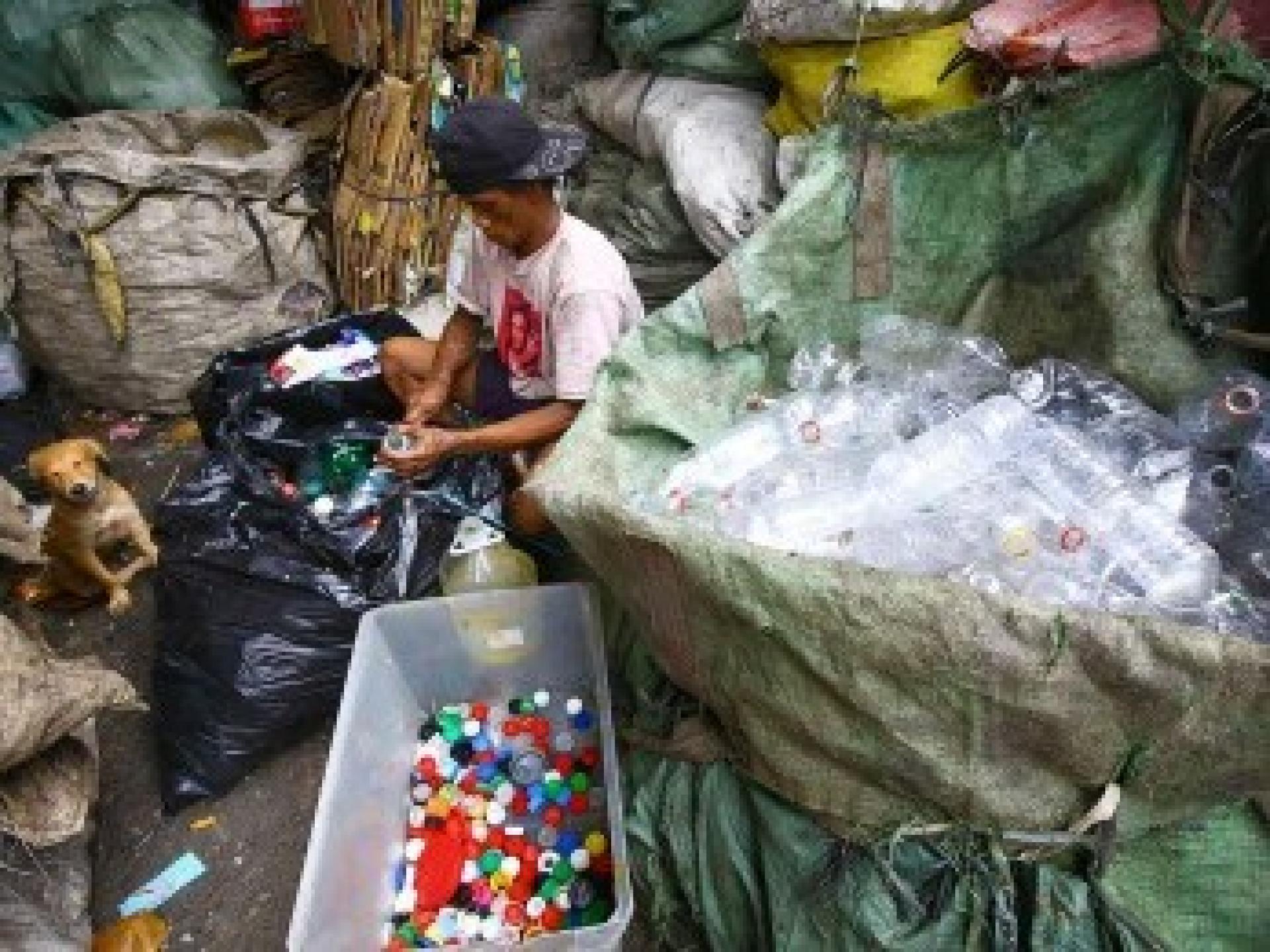(Manila, 15th) – The Environmental Management Bureau (EMB) under the Philippine Department of Environment and Natural Resources (DENR) is promoting the inclusion of informal waste workers into the national solid waste management system, ensuring their access to social protection and stable income, and enhancing recycling efficiency.
In a press release, Environment Secretary Loyzaga pointed out that informal waste workers play a crucial role in recycling and reuse, but have long been excluded from the solid waste management value chain, lacking work protection, stable incomes, and social services.
She stated that this group—including scavengers, roaming buyers, and small scrap shop operators—are an important force for advancing environmental sustainability. In the face of increasingly severe plastic pollution, stronger partnerships should be established to turn environmental goals into outcomes that benefit all sectors, protect ecosystems, and improve communities.
To help boost waste recovery and recycling efficiency, the EMB announced it will provide electronic scales to 50 scrap shops in Quezon City and connect them with larger markets and enterprises that comply with the Extended Producer Responsibility (EPR) Act. Organizational development, business planning, and financial literacy training will also be offered to promote sustainable livelihoods.
In 2024, about 200 informal waste workers from Metro Manila, Central Luzon, and Calabarzon participated in seminars on the EPR Act and the Ecological Solid Waste Management Act, emphasizing their vital role in helping producers achieve recycling targets.
The National Solid Waste Management Commission has issued Resolution No. 1655, instructing local governments to include programs for informal waste workers in their 10-year solid waste management plans.
According to the EMB, most informal waste workers face health risks from exposure to hazardous substances but do not enjoy social welfare benefits or stable income. Although the Solid Waste Management Act provides a legal framework, it does not explicitly establish mechanisms for the protection or management of informal waste workers.
Currently, local governments still face challenges in solid waste management, such as lack of basic infrastructure, widespread use of single-use plastics, and insufficient sanitary landfills. DENR-EMB emphasizes that priority should be given to protecting the rights of informal waste workers, building a waste management system that balances environmental sustainability with social justice.
She stated that this group—including scavengers, roaming buyers, and small scrap shop operators—are an important force for advancing environmental sustainability. In the face of increasingly severe plastic pollution, stronger partnerships should be established to turn environmental goals into outcomes that benefit all sectors, protect ecosystems, and improve communities.
To help boost waste recovery and recycling efficiency, the EMB announced it will provide electronic scales to 50 scrap shops in Quezon City and connect them with larger markets and enterprises that comply with the Extended Producer Responsibility (EPR) Act. Organizational development, business planning, and financial literacy training will also be offered to promote sustainable livelihoods.
In 2024, about 200 informal waste workers from Metro Manila, Central Luzon, and Calabarzon participated in seminars on the EPR Act and the Ecological Solid Waste Management Act, emphasizing their vital role in helping producers achieve recycling targets.
The National Solid Waste Management Commission has issued Resolution No. 1655, instructing local governments to include programs for informal waste workers in their 10-year solid waste management plans.
According to the EMB, most informal waste workers face health risks from exposure to hazardous substances but do not enjoy social welfare benefits or stable income. Although the Solid Waste Management Act provides a legal framework, it does not explicitly establish mechanisms for the protection or management of informal waste workers.
Currently, local governments still face challenges in solid waste management, such as lack of basic infrastructure, widespread use of single-use plastics, and insufficient sanitary landfills. DENR-EMB emphasizes that priority should be given to protecting the rights of informal waste workers, building a waste management system that balances environmental sustainability with social justice.
